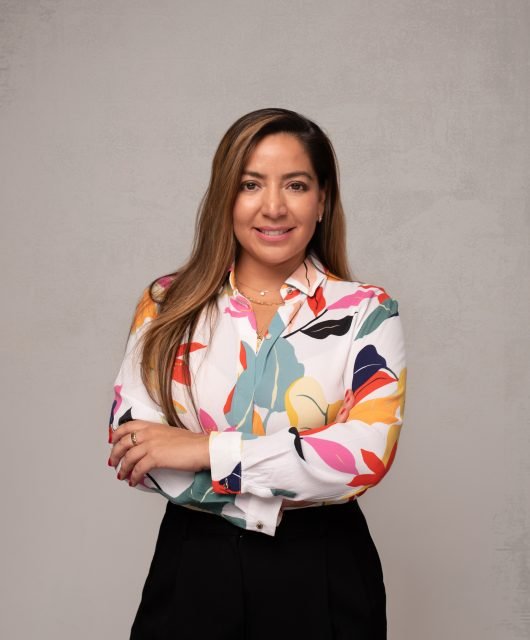The Wonder Women of MENA: LinkedIn MENA’s Zeina Harmouche

About Zeina Harmouche, Senior Marketing Manager, LinkedIn
Zeina Harmouche is a Senior Marketing Manager at LinkedIn. Based in Dubai, she sits on the MENA leadership team and is part of the wider LinkedIn Talent Solutions Marketing team in the EMEA and Latin America regions. She is responsible for leading and maximizing the impact of key customer campaigns and programs that are created at both the global and regional levels, and partners with Sales leadership teams in Growth Markets in Europe, the Middle East, Africa, and Latin America to scale go-to-market strategies and regional campaigns.
Zeina joined LinkedIn in 2014 after completing her Master’s degree at Imperial College London in Strategic Marketing. She has since held various positions at the company and has contributed to its growth and increased brand awareness in the region.
About her thoughts for the industry
The pandemic crisis and ensuing global uncertainty have shaken up almost all industries, including marketing. As marketing professionals navigate the changes to their sector and decide on what is working and what isn’t, there are ever-green practices that the Great Reshuffle hasn’t budged, and other new and innovative exercises that bring to our work the creativity that we all love! Here are a few things that are top of mind for me–
Start with knowing your audience
Understanding your target audience has always been a staple of effective marketing, but it has become even more crucial in the last couple of years. What drives your audience, the challenges they face, and how you can not only get your message across but also tell a compelling story that will drive them to take action. The digital world is noisy, it no longer allows you to count on the value of your solutions to sell your products or services, you need to connect with your audience through authentic storytelling that dives deeper into their thinking and behavior.
Show up authentically
The brands that are currently succeeding in building strong relationships with their audiences are those that are showing up authentically. Rather than pasting tired corporate messages that people now brush over, they share more about their culture and values, what they believe in and what they stand for. They make you feel you are talking to real people who understand you and, more importantly, who accompany and support you on your journey. Key to this approach would be consistency and timeliness in order to build loyalty.
Invest in building advocate communities
What we have seen time and again is that people like hearing from people. Human connections allow the audience to relate and build trust. With trust being a key element here, and knowing that companies need time to build that trust with their audience, it is time to invest in building advocate communities that can carry your messages and amplify your brand’s reach. Identify the voices who could help you bring your stories to life, then amplify them across your channels.
What’s next in the world of talent
The word on everyone’s mind in the talent community now is skills.
The focus on skills has never been more relevant, and this is true across industries and sectors. One of the many things we’ve learned over the last few years is that we need a new way to organize how we work. Businesses can no longer settle into a status quo; simply because there is no such thing anymore. They must be able to quickly change course in anticipation or in response to circumstances beyond their control. Similarly, professionals can no longer expect their job to stay the same – in fact LinkedIn data shows us that skills have changed by 24% globally only in the last 7 years. In the UAE this figure goes up to 33%. LinkedIn predicts that the skills will continue to change to reach around 42% by 2025, so workers need to continuously learn, grow, and adapt.
Agility will therefore be key to both business and individual success. And even though there might be a gap between the two at times, they now converge around skills. When organizations effectively identify the skills that are needed to drive business strategies, they will be able to attract and retain top talent. And when people find jobs based on the skills they hold or learn, they’ll find professional gratification and build employer loyalty. This approach, often called a skills-first talent strategy, also enables organizations to develop employees to grow within the company. In a nutshell, the right people with the right skills in the right roles is the future of work.





